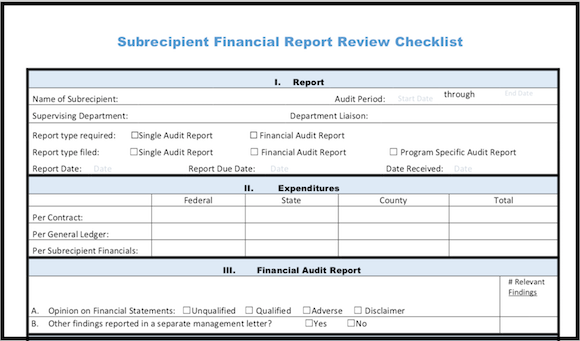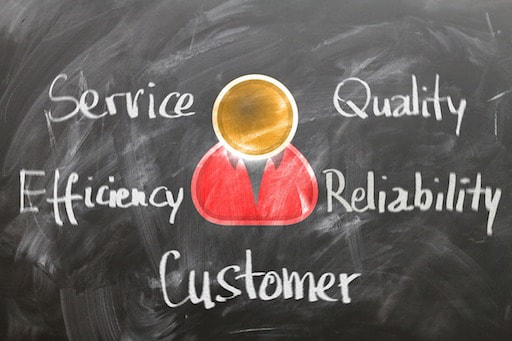|
Government administrative service departments (finance, human resources, information technology, clerk, executive office) are generally very good at the compliance portion of their job – maintaining accurate records, paying employees and vendors, preparing reports for management and the public, filing statutorily-required reports, etc. They are also often very good at reactive customer service, such as answering questions from employees of other departments or responding to requests for information from senior management. However, they often aren’t strong at providing proactive customer service. (Anyone outside your department that you interact with is a “customer.”) Proactive customer service for administrative service departments includes the following:
1. Recognize your role
Employees of the administrative service departments need to recognize that they are the keepers of much information that their customers do not know how to obtain nor interpret. 2. Identify your customers Those that you deal with regularly should be specifically identified so you can gain an understanding of their goals and needs. It’s important to remember that your customers are people – individuals. Understand that each has their own goals, concerns and expectations. For example, the Human Resources Director may want to have a regular meeting to review budget vs actual results whereas the Fire Chief may just want training on how to access the financial system directly. 3. Understand customers’ expectations Every customer has their own personal and professional expectations related to each interaction with people in your department. In order to assess those expectations, you need to talk to your customers. Don't guess, don’t speculate. Ask, ask, ask! Paper or plastic? Cream or black? Cash or credit?
The assessing can be done in a variety of ways, such as:
4. Tailor your service approach
Once you understand your customers’ expectations, you should creatively identify information available in the records you maintain that can help the customer departments understand and quantify progress towards their goals. You should also continually train customer departments on what service information is available and how to interpret it.
Make it a goal to set customer expectations realistically and then design a plan to continually exceed them.
If your customers’ expectations are unrealistically high (or unrealistically low – such as, that they never expect any help from you at all), you need to match their expectations closer to what you are able to provide:
5. Handle complaints
Listen to complaints, notate them, respond appropriately. Go the extra mile. Remember that how you respond to a complaint is a perfect opportunity to build a better relationship with you customer. For example, when I was young, at a family picnic we discovered a fly baked into a loaf of bread. My mother felt the need to write a letter to the company informing them of our disgust. A few days later, a Kilpatrick’s Bread salesman appeared at our door with a whole bin of bread, rolls, pies and cakes. My mom was so impressed that we ate only Kilpatrick’s from then on. Create a Customer Service PlanWhile providing great proactive customer service may not come intuitively to many government service departments, it’s easy to get better at it by incorporating a few simple tactics.
Take these 6 steps to follow for your organization as a start:
Great customer service in government service departments does not have to be a mystical or unattainable goal. By incorporating simple changes into your departments, the results could quickly be outstanding.
If you’d like to get hands-on help with your department’s customer service, please contact Kevin Harper directly:
Kevin Harper, CPA [email protected] (510) 593-503
If you'd like to get more free tips, as well as downloadable tools and templates for your agency, please join our mailing list here!
(We send 1-2 emails a month at a maximum, and only send useful information. You can unsubscribe at any time.) |
The Government Finance and Accounting BlogYour source for government finance insights, resources, and tools.
SEARCH BLOG:
Meet the AuthorKevin W. Harper is a certified public accountant in California. He has decades of audit and consulting experience, entirely in service to local governments. He is committed to helping government entities improve their internal operations and controls. List of free Tools & Resources
Click here to see our full list of resources (templates, checklists, Excel tools & more) – free for your agency to use. Blog Categories
All
Need a Consultation?Stay in Touch! |




 RSS Feed
RSS Feed